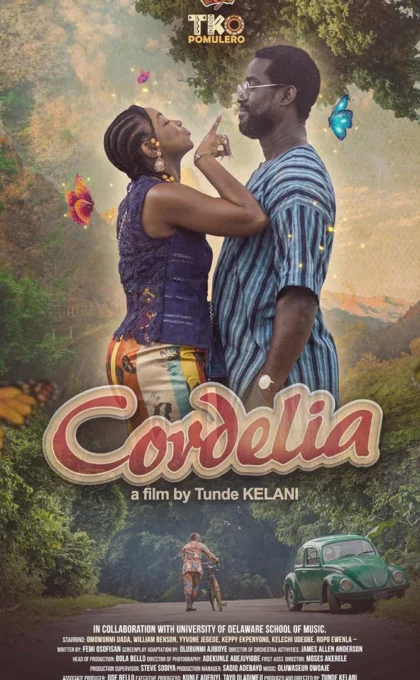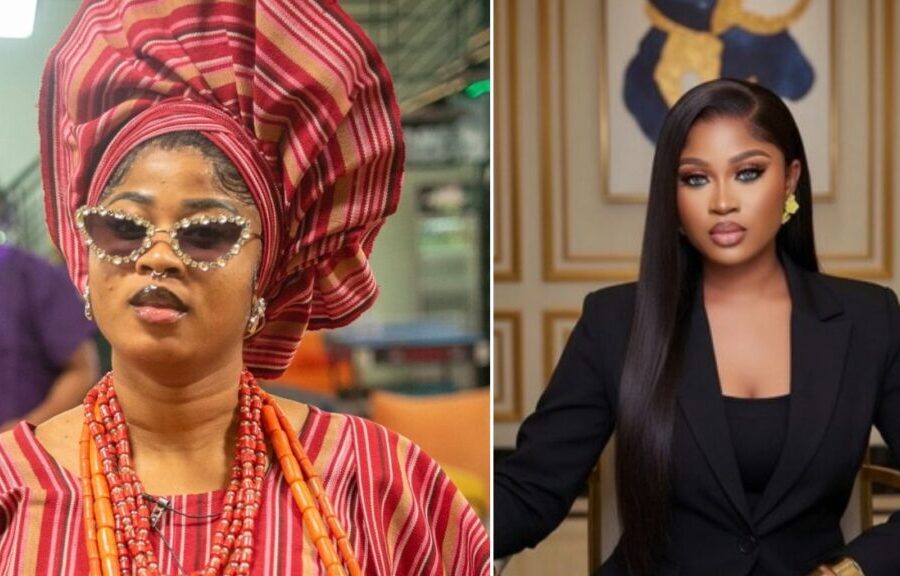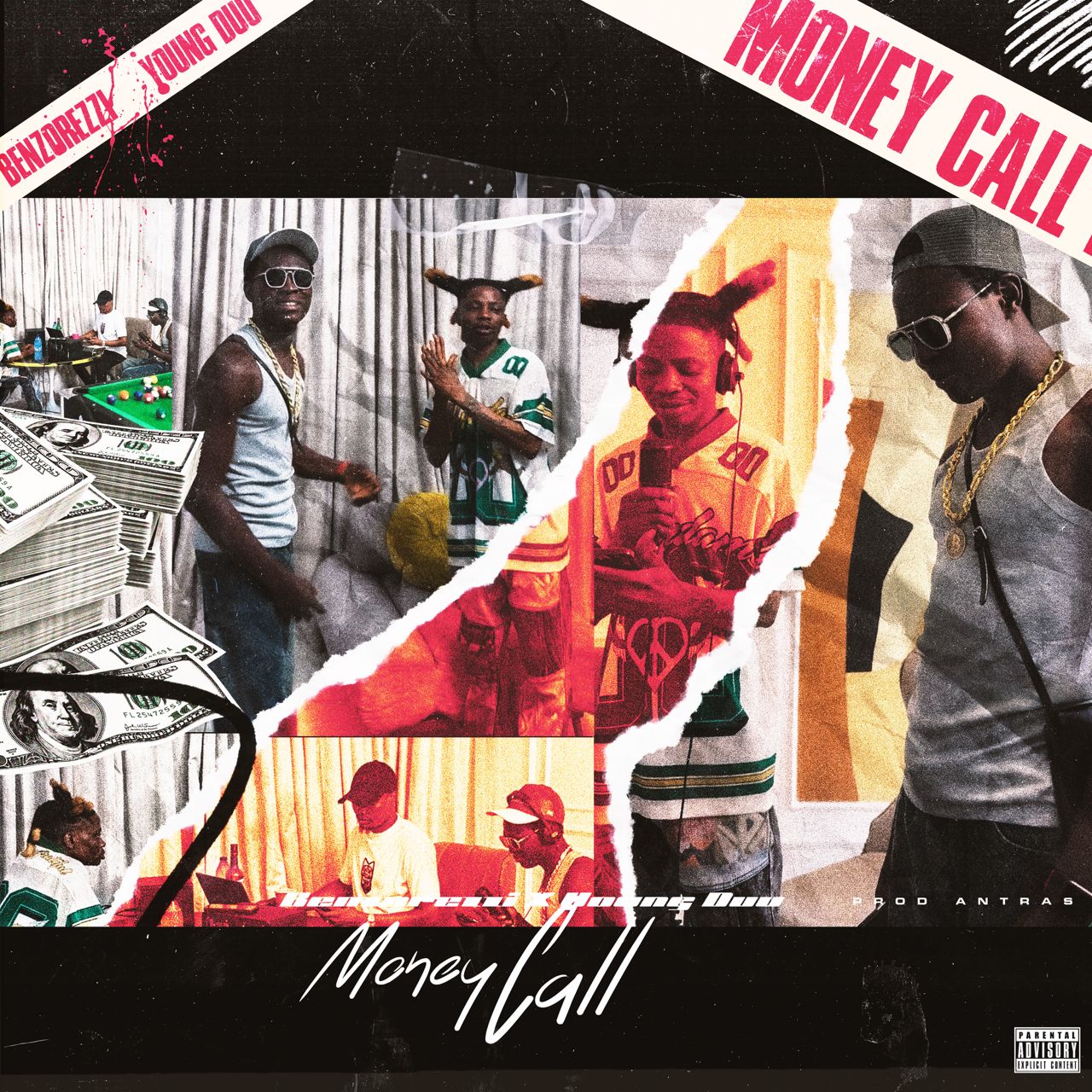The Legacy of a Literary Giant: Femi Osofisan Opens Up About Art, Democracy, and Creative Silence
In a rare and candid interview that took five months to secure, legendary Nigerian playwright Femi Osofisan opens up about his latest film adaptation “Cordelia,” his decades-long partnership with director Tunde Kelani, and the unexpected creative paralysis he’s experiencing in Nigeria’s current democracy.
At 80, Osofisan stands as a towering figure in African literature, with over 60 plays, four prose works, and five poetry collections (under the pseudonym Okinba Launko) to his name. Widely regarded as Africa’s third most influential playwright after Wole Soyinka and Athol Fugard, his latest work “Cordelia” hit cinemas in July 2025, marking another collaboration with celebrated filmmaker Tunde Kelani.
The film, set against Nigeria’s turbulent military era of the 1990s, follows a university lecturer whose simple act of kindness spirals into a national crisis. Featuring a stellar cast including Omowunmi Dada, William Benson, and Femi Adebayo, the story draws from real events at the University of Ibadan during the Dimka coup attempt.
“Most of the incidents in Cordelia were true stories,” Osofisan reveals, explaining how he wove campus life details with broader political themes to create a compelling narrative that first appeared as a newspaper serial – a strategy inspired by Charles Dickens to make literature more accessible to Nigerians.
His partnership with Kelani, which has produced hits like “Ma’ami” and “Yeepa, Solarin Nbo!”, exemplifies mutual trust and creative freedom. “Once I give you permission to work on any script of mine, I leave you free to carry out your work the way you think best,” Osofisan says of their collaboration.
But beneath the success stories lies a startling admission. The playwright confesses to experiencing “numbness” and “paralysis” in Nigeria’s current democracy. “Was this the democracy we were looking for?” he questions, expressing disillusionment with post-military Nigeria.
Despite his current creative silence, Osofisan remains passionate about art’s role in society. He warns about the challenges of AI in creative writing, advocates for more literary adaptations in Nigerian cinema, and maintains that “art is useless unless it serves the humane needs of the community.”
As “Cordelia” continues its theatrical run and Netflix acquires the rights to his play “Pirates,” Osofisan’s legacy grows. Yet his most powerful contribution might be his honesty about the cost of being an artist in turbulent times – a reminder that even literary giants grapple with the complexities of creating in an imperfect democracy.







Leave a Comment